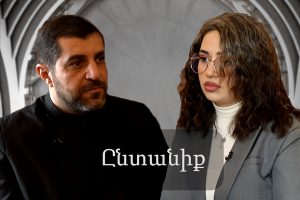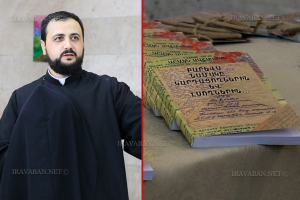Medieval criminal law lacked a systematized list of crimes, as well as penalties/punishments, which expanded the authority of judges and their right to act on their discretion, and thus provided opportunity for a great number of abuses.
The most common crime against justice in Cilicia was taking bribe by the authorized body, which implemented justice. This was mentioned in the Code of Laws by Smbat Sparapet. Article 10 of the Code of Laws stipulated punishment in form of displacement of the spiritual and secular courts for the bribe. The direct objects of this act were the normal activities and reputation of the judicial and other bodies. From the objective aspect, this action implied obtaining of monetary or property value in favor of the bribe giver by acting in his favor or abstaining from any action against him. Article 22 of the Code provided imprisonment of the judge for unjust decision. The immediate object of this action was the normal activity of the judiciary body with regard of implementing justice. From the objective aspect the corpus delicti for taking unjust decision was considered a decision that contradicted to secular and ecclesiastical laws or Cilicia, and which violated the rights of interests of any individual or body.
Deliberate guilt is peculiar to the subjective aspect of criminal acts of bribery and making unjust decisions.
The evidence of wide spread bribery and its notable threat for the public was described in the “Chrestomathy of Medieval History” as well. S. Skazkin, the author, wrote, “…amnesty was not applied upon the officials that had taken bribes.”
Lusaber Ter-Gevorgyan
Source: Iravaban. net















